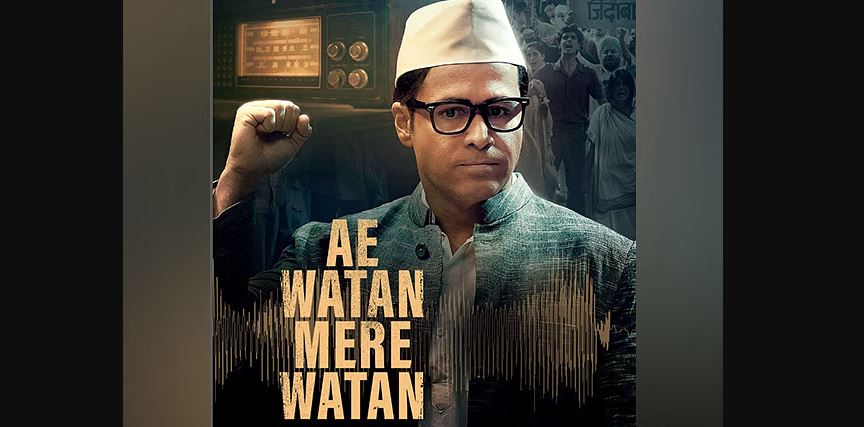S Jaishankar’s remarks follow Prime Minister Narendra Modi’s criticism of the DMK on Monday about the Katchatheevu Island dispute.
The political controversy surrounding the Katchatheevu problem grew on Monday when S Jaishankar, the minister of external affairs, addressed a press conference and asserted that the long-standing conflict over fishing rights and territory surrounding the island had been discussed frequently in Parliament and had not emerged overnight. In addition, he asserted that Congress prime ministers threw up Indian fishermen’s rights and showed apathy toward Katchatheevu Island, despite opposing legal opinions.
S Jaishankar’s remarks follow Prime Minister Narendra Modi’s criticism of the DMK over the Katchatheevu Island dispute, in which he said the Tamil Nadu ruling party did nothing to protect the interests of the state.
Declaring that the issue has not emerged suddenly but has always been a live matter, Jaishankar said at the press conference that prime ministers like Jawaharlal Nehru and Indira Gandhi referred to Katchatheevu, which was granted to Sri Lanka in 1974 as part of a maritime boundary agreement, as a “little island” and “little rock.”
“In May 1961, Jawaharlal Nehru, who was the prime minister at the time, wrote, ‘I would not hesitate to relinquish our claim to this small island as I place no significance on it.'” I dislike issues like this being brought up again in parliament and left unresolved. Thus, Pandit Nehru considered this small island to be an annoyance and of no significance. The sooner you deliver it to him, the better, in his opinion.”
“Indira Gandhi also held this opinion,” Jaishankar continued.
“The Katchatheevu issue is a current one that is frequently discussed in Parliament; it did not arise overnight. According to Jaishankar, “the Congress and DMK treated the Katchatheevu issue as though they bore no responsibility.”
According to Jaishankar, there has been a lot of interaction between the central government and the state government. He stated that he has responded to the chief minister on at least 21 occasions.
Criticizing the DMK for its outspoken opposition to the deal, Jaishankar claimed that M Karunanidhi, the party’s leader and former chief minister, had been well briefed of the 1974 agreement between Sri Lanka and India.
He went on to say that the Congress and the DMK had “connived” in large part to create this position in 1974 and beyond.
According to Jaishankar, in the last 20 years, Sri Lanka has arrested 6,184 Indian fishermen and seized 1,175 of their fishing vessels.
He stated, “We have to find a solution. The Narendra Modi government has been working to guarantee that the Indian fishermen are released. The Sri Lankan administration and I need to get together and resolve this,” the EAM stated.
Earlier on Monday, Modi took to X and wrote, “New details emerging on the issue of India handing over the Katchatheevu island to Sri Lanka Lank have unmasked the DMK’s double game.” Modi was citing a news report that claimed M Karunanidhi had given his concurrence to the agreement despite his party, the DMK, publicly posturing against the deal.
The media article is based on an RTI response that Tamil Nadu BJP president K Annamalai obtained in response to his inquiries concerning the 1974 Indo-Lanka pact, which was signed during the tenure of Prime Minister Indira Gandhi.
“DMK has done NOTHING to safeguard Tamil Nadu’s interests,” stated Modi, setting aside his rhetoric. The latest information on Katchatheevu has completely exposed the DMK’s hypocritical standards.
“The DMK and the Congress are families. Their sons and daughters’ success is all that matters to them. They have no regard for other people. He continued, “Our impoverished fishermen and fisherwomen in particular have suffered because of their callousness toward Katchatheevu.
Regarding the matter, the prime minister took aim at the Congress on Sunday. of putting in 75 years and counting at work.
Inputs From Hindustan Times!
Also Read : Prices for gold and silver as of today, April 1, 2024: Review the most recent prices in your city.









